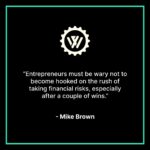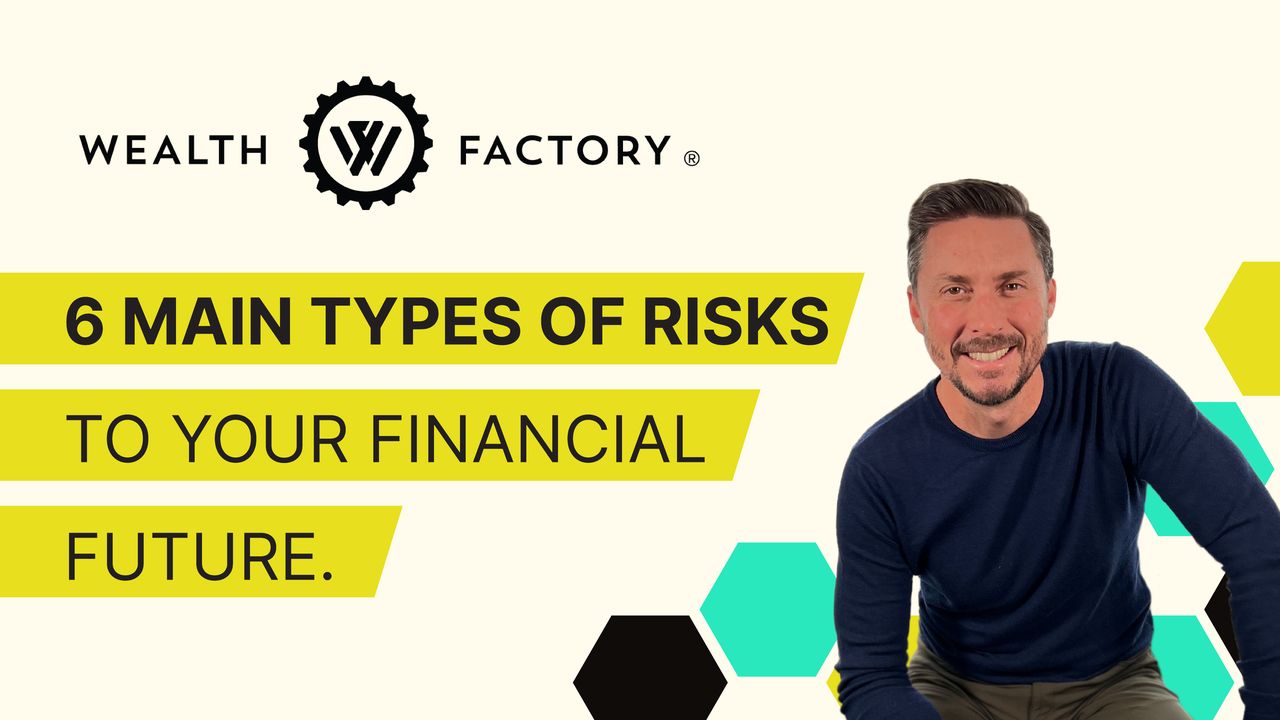Learning how to assess risk in our investments is one of the trickiest but most essential aspects of wealth building. When in the beginning stages of earning, we tend to live in a mindset that is solely focused on accumulating wealth, meaning we’re trying to make as much money as possible. Once we’ve achieved a certain level of success, it becomes essential that we shift out of this mindset of being solely an accumulator of wealth. It can definitely feel counterintuitive, but the MOST important step toward understanding how to assess risk is shifting our mindset from being an accumulator of wealth into becoming a defender of wealth.
What does a ‘defender of wealth’ do?
Well, what is the greatest threat to wealth? Risk! And there are six most common types of risk that we’ll briefly go over in today’s article. Be sure to watch the entire episode to gain more in-depth coverage of how to assess risk, learn about the three types of liquidity, and gain a few key strategies that you can begin to implement ASAP.

What are the six most common types of risk?
Market Risk
Market risk deals with the portion of our income that we have invested in the stock market. If we were to invest in the S&P 500, for example, and the market were to take a dramatic plunge, it’s important to know what percentage of our wealth we stand to lose in that event.
Concentration Risk
Concentration risk is basically like putting all of our eggs in one basket. If an entrepreneur has invested 99% of their wealth back into their primary business and something happens that prevents them from being able to work, or the market changes suddenly, or they lose a key employee…anything that disrupts business-as-usual will become a serious risk.
Correlation Risk
Correlation risk increases when a portfolio isn’t diversified enough. An example would be an entrepreneur with an E-commerce business who is investing their earnings into Shopify. If Shopify were to crash, then the entire portfolio would crash because both investments are so closely correlated.
Operational Risk
Operational risk deals with a company’s reliance on any particular type of machinery, online platform, or even a key team member in order to operate profitably. If something were to break, if a platform were to crash, if a certain person (founder included) were to require a leave of absence suddenly, how prepared is that business to resume operations?
Long Tail Risk
Long tail risk is where we take into consideration the more catastrophic events. The pandemic, for example, presented a long-tail risk. Climate events such as flooding, earthquakes, and hurricanes would also fall under this category.
Nontraditional Risk
Nontraditional risk is probably the most underestimated risk of all. Nontraditional risk deals with how the investment is going to impact the investor personally. How will the investor be spending their time as a result of this investment? And what impact will that have on this individual’s happiness, health, and overall satisfaction in life?
Now that you know the six most common types of risk, don’t stop here. Continue to deepen your understanding of how to assess risk by watching the full episode where we reveal the most effective ways to mitigate these risks and learn how to become a defender of wealth.


